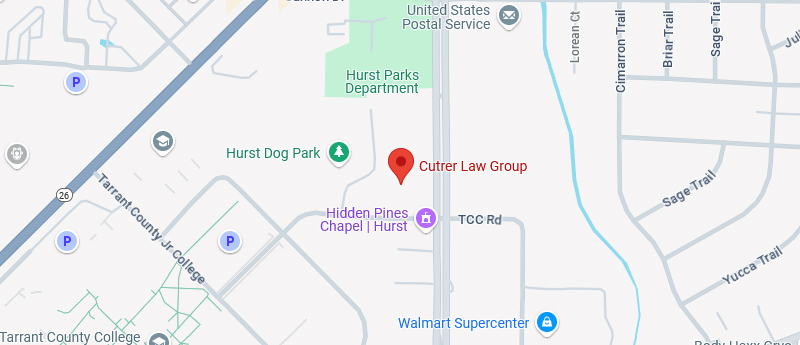Bedford Estate Planning Lawyer
The word “estate” calls up images of yachts and mansions, but the word simply means all of a person’s possessions at the time of their death. While estate planning is certainly important for high-net-worth individuals, it is also a vital tool for people of more modest means.
A comprehensive estate plan can ensure that your family is cared for and your wishes are honored if you were to become incapacitated or pass away. Nobody likes to think about these events, but planning for the future can give you the peace of mind to stop worrying about them.
Naming a guardian for your children if you are not able to raise them, designating who will inherit your assets, naming a trusted person to handle your legal and financial affairs, and making your wishes for your medical care clear are all pieces of an estate plan that can ease your mind about any unexpected events that might befall you.
Many people think of estate planning as something for those in their 70s or 80s planning for the inevitable, and those age groups definitely do benefit from estate planning. Younger people need estate planning, too—especially young families with children.
Unfortunately, tragedies happen every day to people who were not expecting them and who are not prepared. Don’t let yourself be one of them. Protect your family’s future and make your wishes known in an estate plan prepared by an estate planing lawyer
Call our estate planning attorneys today at 817-854-1651 to begin protecting your family’s future.
What is Typically Included in an Estate Plan?
There are generally 6 main estate planning documents to an estate plan, though the number may vary depending on your particular circumstances. They include:
- A Will: Most people have heard of a last will and testament, and just about everyone should have one. Your will can name a guardian for any minor children, designate who will inherit what, and name an executor to administer your estate and follow your wishes after you are gone.
- Durable Power of Attorney: This is a document in which you designate a trusted person to conduct your legal, financial, and business affairs for you if you are unable due to incapacity or death.
- Healthcare Power of Attorney: If you are incapacitated by illness or injury and are unable to make your own medical decisions, this document designates a person you have chosen to make those decisions for you.
- Advance Directive for Healthcare (Living Will): This document specifies what medical procedures you do and do not want if you are incapacitated or near the end of your life. For example, some people want every possible measure taken to save their lives, while others do not want life support if they will not recover what they consider a reasonable quality of life. The Living Will is where you make these and other healthcare wishes known.
- HIPAA Release: While your spouse or other closest family member will be given your medical information even if you are not able to give your permission, other loved ones will not be able to talk to medical personnel or get reports on your condition due to the Health Insurance Portability and Accountability Act. You may grant permission to any number of loved ones in a HIPAA release document.
There may be other documents that would be beneficial to have in your estate plan, based on your individual goals, plans, and circumstances. Speak with an experienced estate planning lawyer to find out what would be most beneficial in your case.
What Does the Executor of a Will Do?
The executor of your will is a trusted person you have chosen to make sure that the requirements of the will are followed. They will be responsible for gathering the assets, having their value assessed, paying any outstanding debts from the estate funds, and distributing the remainder of the assets according to the wishes you expressed in your will.
This is called a fiduciary responsibility, which means that the executor is legally bound to administer the estate according to the dictates of the will without deviation while following all applicable regulations and laws. The probate court will oversee this process to ensure that the executor is performing their duties correctly and ethically.
What is Probate?
Probate is a court process overseeing the administration of an estate. Without a comprehensive estate plan, the probate process can be lengthy and expensive. A comprehensive estate plan can streamline the probate process or, in some cases, avoid it altogether.
Why is Anita K. Cutrer, Attorney at Law, Our Best Choice?
Family Law Attorney Anita Cutrer has over 20 years of experience assisting clients throughout Texas with the estate planning process. She listens to your goals, assesses your circumstances, and works with you to create an estate plan that will take care of your loved ones and express your wishes in a legally enforceable way.
It’s easy to put off estate planning, but that can have dire consequences for your family if the worst should happen. Contact the office of Anita K. Cutrer, Attorney at Law, at 817-854-1651 to begin an estate plan and ease your mind knowing all is in order.


 1845 Precinct Line Road
1845 Precinct Line Road info@akcfamilylaw.com
info@akcfamilylaw.com 817-854-1651
817-854-1651



